
Ginette Paris (1945-) is a French-Canadian psychologist, scholar, and author whose work explores the interplay of mythology, psychology, and spirituality in the modern world. Drawing on the depth psychology of C.G. Jung, the mythological studies of Joseph Campbell, and the feminist spirituality movement, Paris has developed an original and influential approach to the study of myth, ritual, and the sacred feminine in contemporary culture.
Paris’s intellectual journey began with her early work on anorexia and other eating disorders, which she interpreted through the lens of Greek mythology and archetypal psychology. In her groundbreaking book Pagan Meditations (1986), Paris argued that the figure of the Greek goddess Aphrodite could serve as a positive model for women struggling with body image and sexuality in a patriarchal society. For Paris, Aphrodite represents a life-affirming, sensual spirituality that has been repressed and demonized by Western culture’s Judeo-Christian heritage.
Over the course of her career, Paris has extended this archetypal approach to a wide range of mythic figures and themes, from the goddesses Athena and Artemis to the hero Heracles and the Eleusinian Mysteries. In works like Pagan Grace (1990) and Wisdom of the Psyche (2007), Paris explores how these ancient myths and symbols can serve as guides for personal and collective transformation in the modern world. She argues that by engaging with the archetypes and energies of the psyche, individuals can tap into deeper sources of meaning, creativity, and healing.
Central to Paris’s work is the concept of “pagan psychology,” which she defines as an approach to the psyche that honors the sacredness of the natural world and the body, and that seeks to integrate the conscious and unconscious dimensions of the self. Drawing on the work of Jung and his followers, Paris argues that the psyche is not a blank slate or a mere product of social conditioning, but a living, dynamic system that is shaped by archetypal patterns and energies. By aligning ourselves with these archetypal forces, she suggests, we can achieve greater wholeness, authenticity, and vitality.
At the same time, Paris is deeply attuned to the ways in which these archetypal patterns are shaped by culture, gender, and power relations. She is particularly interested in how women’s experiences and voices have been marginalized and suppressed within patriarchal societies, and in how a re-engagement with the sacred feminine can serve as a source of empowerment and transformation. In books like The Sacrament of Abortion (1992) and The Psychology of Apocalypse (2006), Paris explores how a pagan perspective can illuminate some of the most controversial and divisive issues of our time, from reproductive rights to environmental crisis.
Throughout her work, Paris emphasizes the importance of ritual and embodied practice as tools for personal and social transformation. She argues that modern Western culture is deeply disconnected from the rhythms and cycles of the natural world, and that a re-engagement with pagan traditions of seasonal celebration and earth-based spirituality can help to restore a sense of meaning and connection. At the same time, she is critical of New Age approaches that appropriate or romanticize indigenous traditions without proper context or respect.
Paris’s work has had a significant impact on the fields of depth psychology, feminist spirituality, and contemporary paganism. Her ideas have been widely influential among practitioners of Wicca, Goddess spirituality, and other earth-based traditions, who have found in her work a sophisticated and nuanced framework for understanding the psychological and spiritual dimensions of their practices. At the same time, her work has helped to bridge the gap between academia and popular spirituality, bringing the insights of depth psychology and mythological studies to a wider audience.
Today, Paris continues to write, teach, and lecture on the themes of mythology, psychology, and spirituality. Her work remains a vital resource for anyone seeking to deepen their understanding of the human psyche and its relationship to the sacred dimensions of life. By illuminating the ways in which ancient myths and symbols continue to shape our inner and outer worlds, Paris invites us to engage more authentically and creatively with the challenges and opportunities of the present moment.
Read More Depth Psychology Articles:
Taproot Therapy Collective Podcast
Jungian Topics
How Psychotherapy Lost its Way
Therapy, Mysticism and Spirituality?
The Symbolism of the Bollingen Stone
What Can the Origins of Religion Teach us about Psychology
The Major Influences from Philosophy and Religions on Carl Jung
How to Understand Carl Jung
How to Use Jungian Psychology for Screenwriting and Writing Fiction
The Symbolism of Color in Dreams
How the Shadow Shows up in Dreams
Using Jung to Combat Addiction
Jungian Exercises from Greek Myth
Jungian Shadow Work Meditation
Free Shadow Work Group Exercise
Post Post-Moderninsm and Post Secular Sacred
The Origins and History of Consciousness
Jung’s Empirical Phenomenological Method
The Future of Jungian Thought
Jungian Analysts
Anthropology



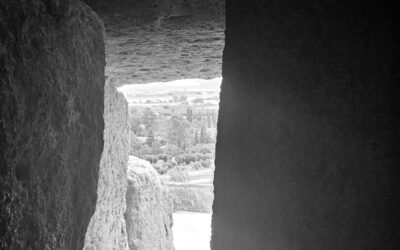







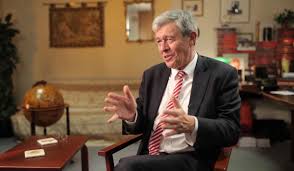

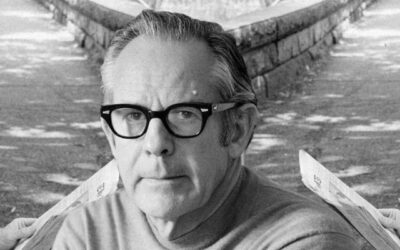
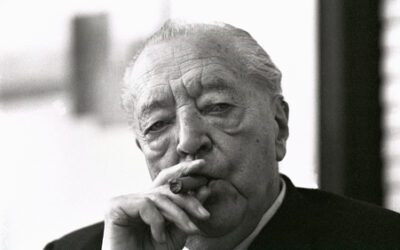
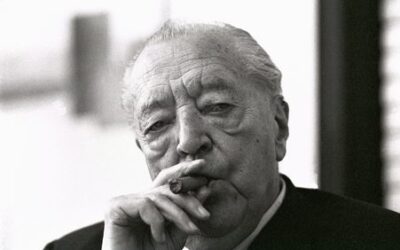
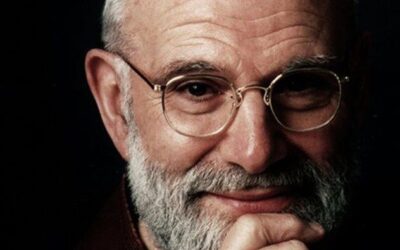
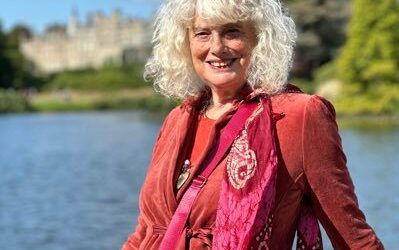
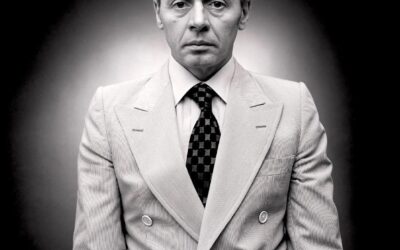
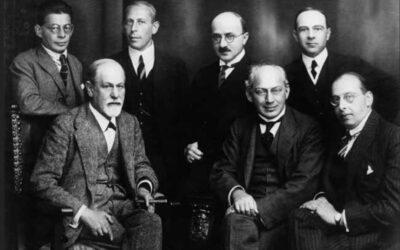

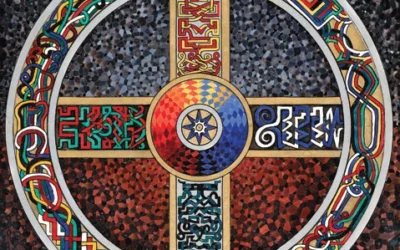
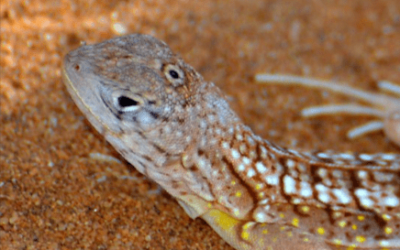
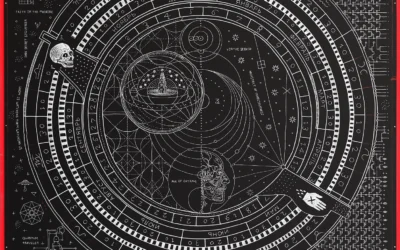
0 Comments